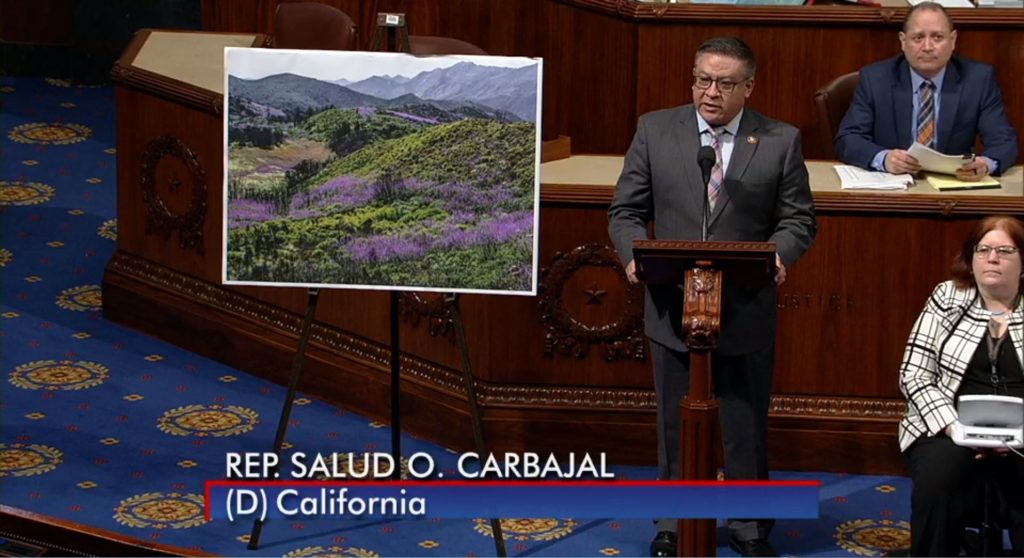
Today, in a historic vote, the U.S. House of Representatives passed the Central Coast Heritage Protection Act to safeguard forests, shrublands, grasslands, and wild rivers in the Los Padres National Forest and the Carrizo Plain National Monument in Santa Barbara, Ventura, and San Luis Obispo counties.
The bill was introduced last year by Rep. Salud Carbajal (D-CA) and is supported by more than 500 civic groups and leaders, landowners and inholders, businesses, elected officials, schools, farmers and ranchers, and recreation leaders. It passed today on a 231-183 vote (with 6 Republicans voting in favor) as part of a larger package of public lands conservation bills.
The Central Coast bill seeks to protect more than 245,000 acres of public land in Santa Barbara, Ventura, and San Luis Obispo counties. It also safeguards 159 miles of wild and scenic rivers, establishes two scenic areas encompassing 34,500 acres, and establishes a 400-mile Condor National Recreation Trail from Big Sur to the Los Angeles County line. View an interactive map [coming soon] of the lands, rivers, and trails that will be protected by the bill once it becomes law.
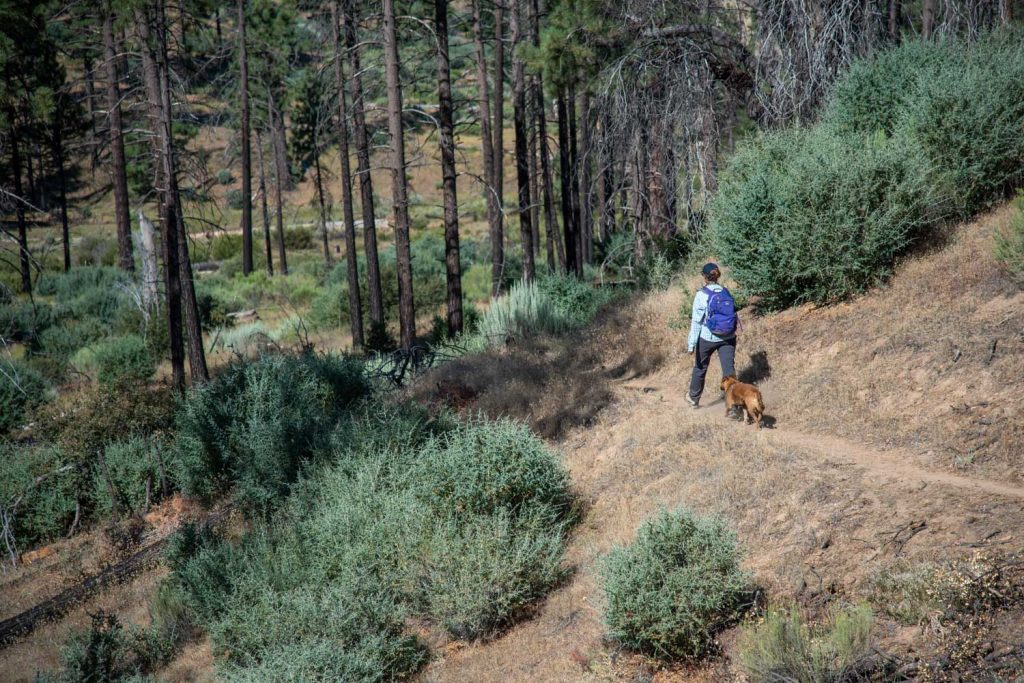
It is the product of years of discussion and negotiation that began in 2009 when ForestWatch teamed up with The Wilderness Society and the California Wilderness Coalition to identify lands in need of additional protection. The last wilderness bill for the Los Padres National Forest was signed into law in 1992, nearly 28 years ago.
High Praise for Wilderness & Nature
During the floor debate, several members of Congress spoke in favor of the bill. Rep. Salud Carbajal, the bill’s sponsor, stated “This bill would preserve the ecological beauty and recreational opportunities available to communities in my district and beyond as well as for future generations.” Rep. Julia Brownley (D-CA), a co-sponsor of the bill whose district encompasses parts of the Los Padres National Forest, said “We in Ventura County are fortunate to be surrounded by gorgeous public spaces. Designating these lands as wilderness will strengthen environmental protections in our region and preserve this important part of our natural heritage for future generations to enjoy.”
Rep. Raúl Grijalva (R-AZ), the chair of the House Committee on Natural Resources, recognized that the bill “was developed through a multi-year collaborative process with a diverse and locally-driven coalition that has demonstrated these places are worthy of protection as wilderness. They provide abundant recreational opportunities to help support local economies, teach visitors about our nation’s diverse heritage, and allow people to find solitude and peace in nature. They protect some of the last and best refuge for wildlife in the face of a changing environment and play a vital role in safeguarding the natural systems that our communities rely on. And as climate change increasingly impacts our natural world, designating pristine landscapes as wilderness is one of the most important actions Congress can take in response to the climate crisis. This bill prioritizes the long-term conservation of large connected landscapes that provide clean air, clean water, critical wildlife habitat, and intact natural systems that enhance community resilience to this climate crisis. It reflects the heart of the Wilderness Act, reminding us of our dependence on healthy natural systems and our responsibility to ensure a sustainable environment for future generations.”
Amendments & Veto Threat
Thirteen amendments were considered during today’s four-hour debate on the legislation. Five amendments were approved, including one to clarify the Forest Service’s ability to fight fires in wilderness, and another to ensure servicemember and veteran access for outdoor recreation, volunteer, and wellness programs.
The House defeated several harmful amendments aimed at weakening the Wilderness Act. Amendments proposed by Rep. Tom McClintock (R-CA) would have stripped Congress’ sole authority to designate wilderness areas, requiring approval by county supervisors and the Trump administration before wilderness designations became final. Amendments proposed by Rep. Bruce Westerman (R-AK) would have eliminated protections for any public lands vulnerable to wildfire, falsely claiming that wilderness designation increases fire risk. Another proposed amendment by Rep. Arrington (R-TX) would have required preparation of an economic impact study before the protections become final. Rep. Rob Bishop (R-UT), a frequent critic of wilderness legislation and public lands, argued on the House floor that the bill would “destroy or shut down all forest management activities” and was “wasting our time.” Thankfully, most of the bad amendments were defeated, and Rep. McClintock’s last-ditch attempt to send the bill back to committee for further deliberation also failed.
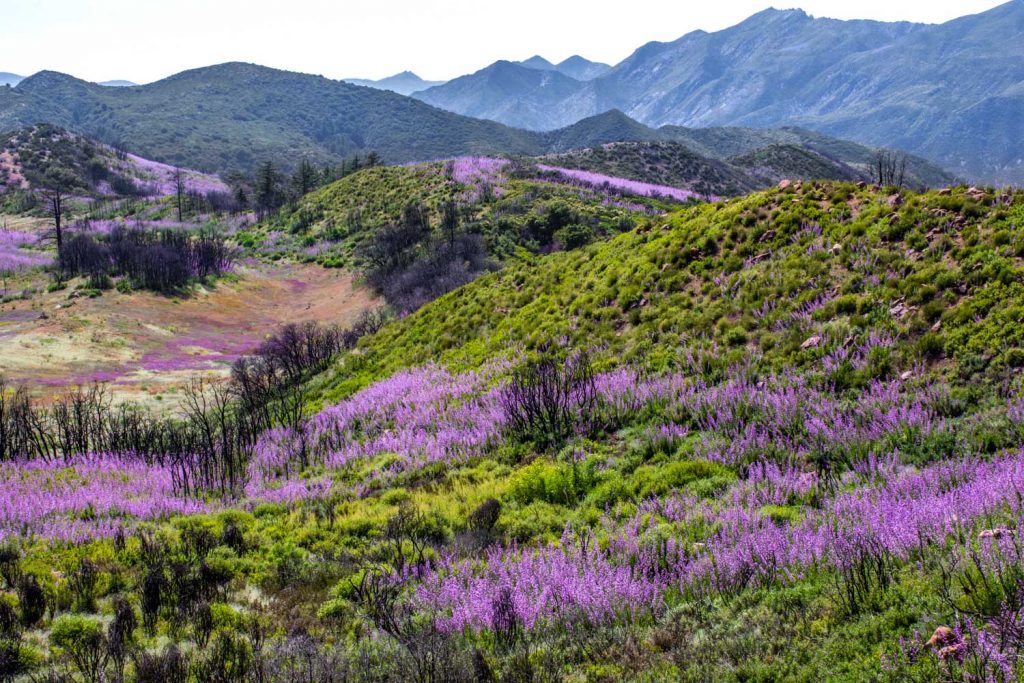
The House approved the bill despite a veto threat issued yesterday, when the Executive Office of the President expressed opposition to the bill, citing concerns that wilderness designation “could impede future energy and mineral development.”
Next Stop: The Senate
Today, U.S. Senators Kamala Harris and Dianne Feinstein introduced a companion package of three public lands bills that includes the same Central Coast provisions as the bill passed today in the House. After the bill advances through the Senate, it will go to the President’s desk for final approval.
The Enduring Benefits of Wilderness
Local community members and visitors to the Los Padres National Forest and Carrizo Plain National Monument enjoy outstanding recreational opportunities, including hiking, camping, bird watching, horseback riding, kayaking, hunting, fishing, and mountain biking. The legislation would designate the approximately 400-mile long Condor Trail as a National Scenic Trail, connecting the northern and southern portions of the Los Padres National Forest by a single hiking route.
The Central Coast is a top tourist destination because of the region’s iconic scenery and world-class restaurants, wineries, and breweries, which yield clear benefits for the local economy. Increased tourism and outdoor recreation opportunities through public lands protections will provide an additional economic boost to local communities, particularly in the area surrounding the Los Padres National Forest. According to the United States Department of Agriculture, visitors already spend $25 million annually on trips to the National Forest.
The Central Coast Wild Heritage Campaign comprises more than 500 civic groups and leaders, landowners and inholders, businesses, elected officials, schools, farmers, ranchers, and recreation leaders who support efforts to protect special places, safeguard clean water sources, boost local economies, and enhance recreational opportunities.
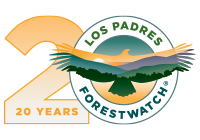





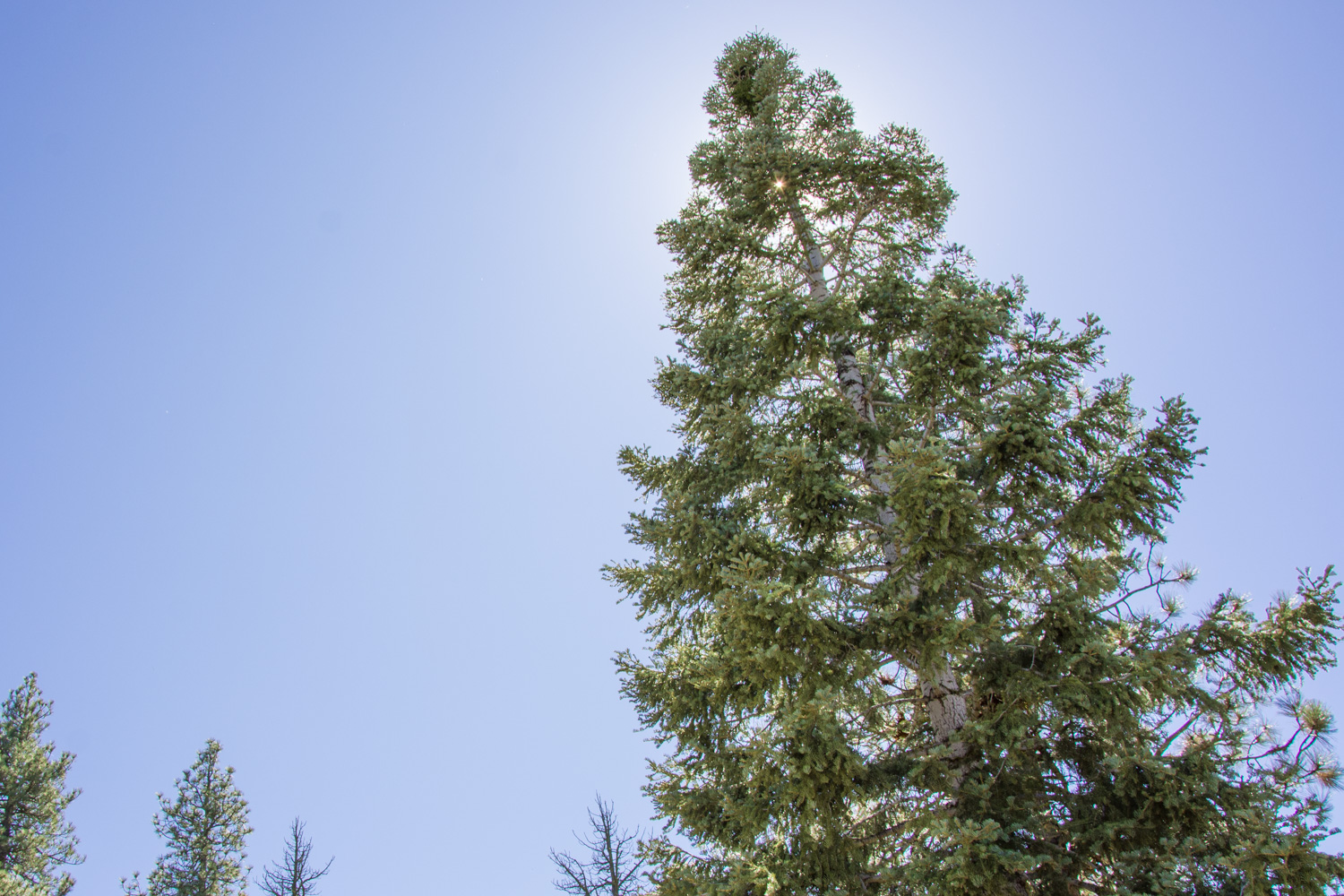
Comments are closed.